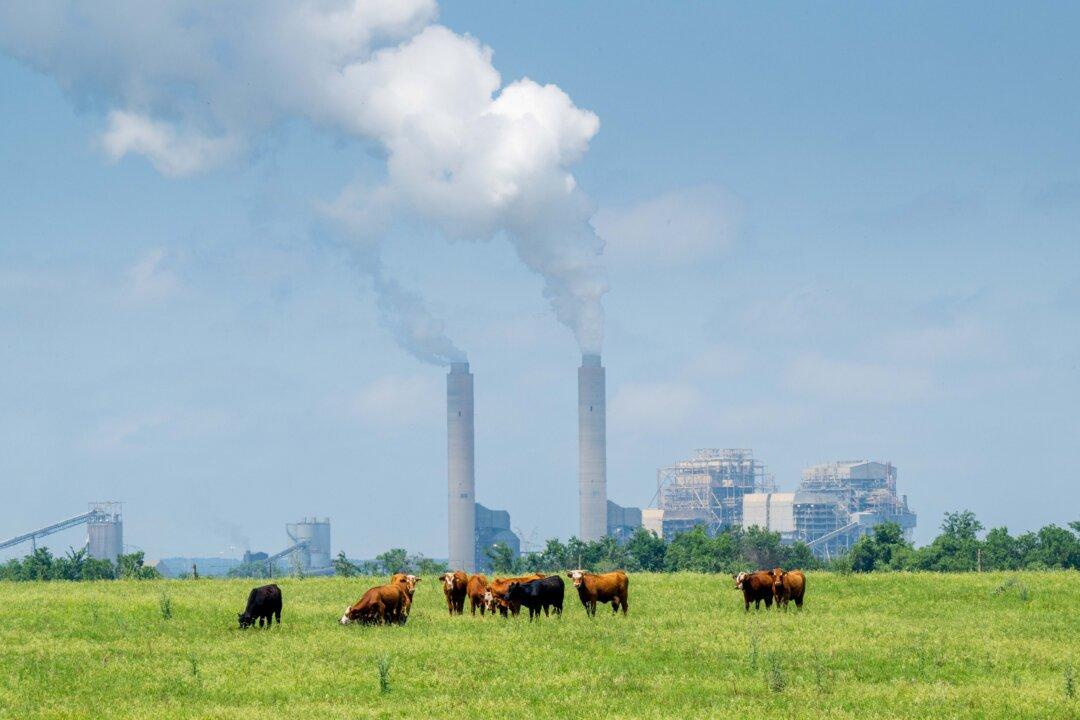Commentary
One of the wisest, most far-seeing, and most perceptive observations about our society was made decades ago by Dr. Jonas Salk, who developed the hugely successful polio vaccine. A few days before his passing in 1995, Salk was speaking with Herb Meyer, the top assistant to William Casey, President Ronald Reagan’s first director of the CIA. The great doctor told Meyer that what concerned him the most about our country was that we were starting to forget important things that we had once known and understood.





